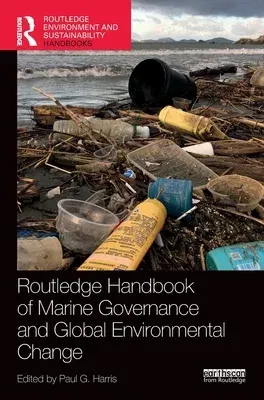This comprehensive handbook provides a detailed and unique overview of
current thinking about marine governance in the context of global
environmental change.
Many of the most profound impacts of global environmental change, and
climate change in particular, will occur in the oceans. It is vital that
we consider the role of marine governance in adapting to and mitigating
these impacts. This comprehensive handbook provides a thorough review of
current thinking about marine environmental governance, including law
and policy, in the context of global environmental change. Initial
chapters describe international law, regimes, and leadership in marine
environmental governance, in the process considering how existing
regimes for climate change and the oceans should and can be coordinated.
This is followed by an exploration of the role of non-state actors,
including scientists, nongovernmental organisations, and corporations.
The next section includes a collection of chapters highlighting
governance schemes in a variety of marine environments and regions,
including coastlines, islands, coral reefs, the open ocean, and regional
seas. Subsequent chapters examine emerging issues in marine governance,
including plastic pollution, maritime transport, sustainable
development, environmental justice, and human rights.
Providing a definitive overview, the Routledge Handbook of Marine
Governance and Global Environmental Change is suitable for advanced
students in marine and environmental governance, environmental law and
policy, and climate change, as well as practitioners, activists,
stakeholders, and others concerned about the world's oceans and seas.

